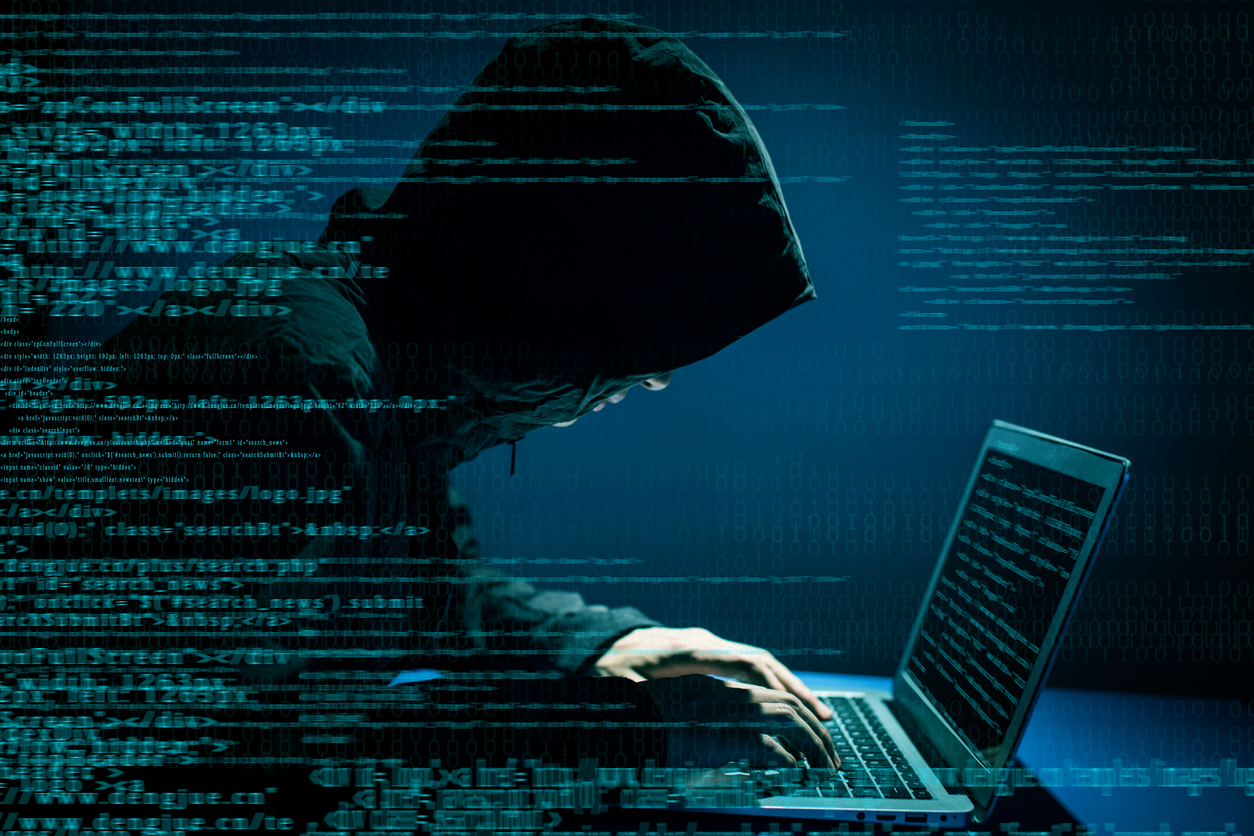The study released Monday by the security firm Emsisoft said ransomware attacks -- which encrypt and disable computer systems while demanding a ransom -- affected 113 federal, state and municipal governments, 560 health facilities and 1,681 schools, colleges and universities last year.
"The attacks caused significant, and sometimes life-threatening, disruption: ambulances carrying emergency patients had to be redirected, cancer treatments were delayed, lab test results were inaccessible, hospital employees were furloughed and 911 (emergency) services were interrupted," the report said.
The security firm said it was unable to estimate the losses from the attacks due to a lack of data but that it was "safe to assume that the total cost runs to multiple billions."
The numbers of attacks were little changed from 2019 but there were "more successful attacks on the healthcare sector," including incidents affecting groups with multiple hospitals, according to Emsisoft spokesman Brett Callow.
Similarly, Callow said, "the education sector saw a similar number of attacks, but more schools were affected due to bigger districts" hit.
The targets included large regional cities and municipalities, major hospital systems and large colleges and universities, according to Emsisoft.
The researchers said hackers are stepping up by not only encrypting but stealing data which may be sold to competing firms or various governments.
"We anticipate there will be more cases of data theft in 2021 than there were in 2020," the report said. "Like legitimate businesses, criminal enterprises adopt strategies that are proven to work, and data theft has indeed been proven to work. "
Emsisoft's chief technical officer Fabian Wosar said much of the risk from ransomware can be eliminated with preventive steps.
"Proper levels of investment in people, processes and IT would result in significantly fewer ransomware incidents and those incidents which did occur would be less severe, less disruptive and less costly,” he said in a statement.












